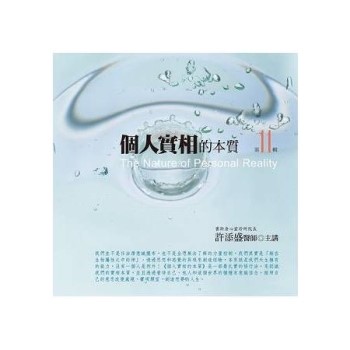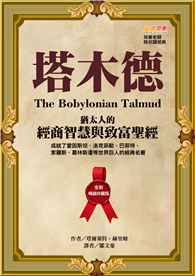Las Raras: Feminine Style, Intellectual Networks, and Women Writers during Spanish-American Modernismo proposes that the Modernistas’ advocacy for a writing style they considered feminine helps us to understand why so few (and perhaps no) women were accepted as active participants in the movement. Las Raras studies how particular writers contributed to the idea of a feminine aesthetic, and it tracks the intellectual networks of Modernismo through periodicals and personal papers, such as albums and correspondence. Buenos Aires, Paris, and Montevideo figure prominently in this trans-Atlantic study, which re-examines some of the most important period writers in Spanish, including Rubén Darío, Amado Nervo, Enrique Gómez Carrillo.
The book also considers the critiques launched by women writers, such as Aurora Cáceres, Clorinda Matto de Turner, and Emma de la Barra (César Duáyen), who experienced Modernista exclusion first-hand, deconstructed the Modernista discourse of a modern, "feminine style," and built literary success in alternative terms. These writers reoriented the discussion about women in modernity to address women’s education, professionalization, and advocacy for social and civic improvements. In this study, Modernismo emerges as both a literary style and an intellectual network, in which style and sociability are mutually determining, and combine to form a system of prestige and validation that excluded women writers.| FindBook |
有 1 項符合
Las Raras: Feminine Style, Intellectual Networks, and Women Writers During Spanish-American Modernismo的圖書 |
 |
Las Raras: Feminine Style, Intellectual Networks, and Women Writers During Spanish-American Modernismo 作者:Moody 出版社:Vanderbilt University Press 出版日期:2024-05-30 語言:英文 規格:平裝 / 272頁 / 普通級/ 初版 |
| 圖書館借閱 |
| 國家圖書館 | 全國圖書書目資訊網 | 國立公共資訊圖書館 | 電子書服務平台 | MetaCat 跨館整合查詢 |
| 臺北市立圖書館 | 新北市立圖書館 | 基隆市公共圖書館 | 桃園市立圖書館 | 新竹縣公共圖書館 |
| 苗栗縣立圖書館 | 臺中市立圖書館 | 彰化縣公共圖書館 | 南投縣文化局 | 雲林縣公共圖書館 |
| 嘉義縣圖書館 | 臺南市立圖書館 | 高雄市立圖書館 | 屏東縣公共圖書館 | 宜蘭縣公共圖書館 |
| 花蓮縣文化局 | 臺東縣文化處 |
|
|
圖書介紹 - 資料來源:博客來 評分:
圖書名稱:Las Raras: Feminine Style, Intellectual Networks, and Women Writers During Spanish-American Modernismo
|










